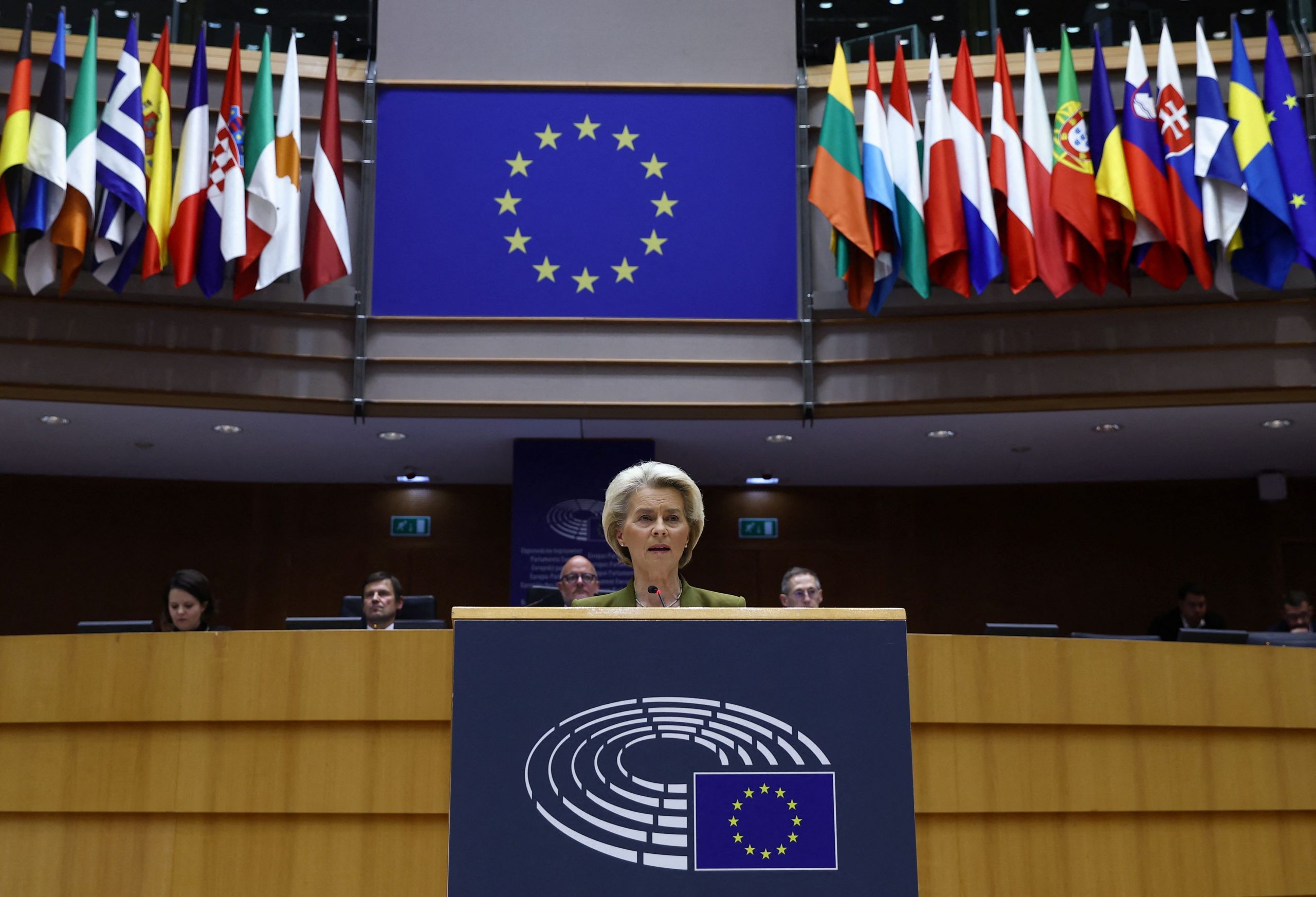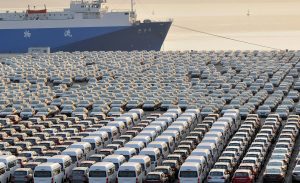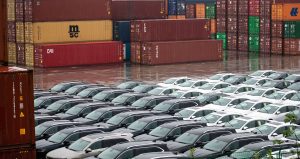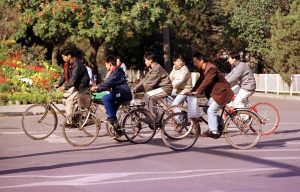BRUSSELS—The European Union is ramping up economic pressure on Beijing with two new investigations into allegations of unfair Chinese business practices, days ahead of Chinese President Xi Jinping’s planned visits to Paris and Budapest.
The European Commission, the bloc’s executive body, is voicing growing concern over Chinese subsidies and other economic policies that it says harm European businesses . The bloc in recent months has used a new legal tool to probe Chinese companies’ bids for public tenders in Europe, and last year launched an antisubsidy investigation into electric-vehicle imports from China.
This week, the commission said it would investigate China’s domestic procurement practices for medical devices, which the EU said unfairly favor Chinese companies over European and other foreign rivals. If the EU probe supports those allegations, the bloc could change its own procurement rules to limit Chinese companies’ ability to compete in Europe or bar them from some bids.
The probe is the EU’s first under its new International Procurement Instrument, which came into force in 2022 and aims to address what officials see as unfair procurement rules in other countries. The bloc said it could suspend the investigation if China changes its procurement practices or commits to doing so.
Chinese Foreign Ministry spokesman Wang Wenbin said the EU’s recent actions “send out a signal of protectionism” that is aimed at Chinese companies and harms the bloc’s image. “The EU says it is the most open market in the world, but as the world can see, the EU is clearly inching toward protectionism,” he said.
China’s exports of medical devices to Europe more than doubled between 2015 and 2023, the commission said. It said the EU’s markets are generally open , while China’s procurement rules give an advantage to domestic companies that produce medical devices as part of a “Buy China” policy.
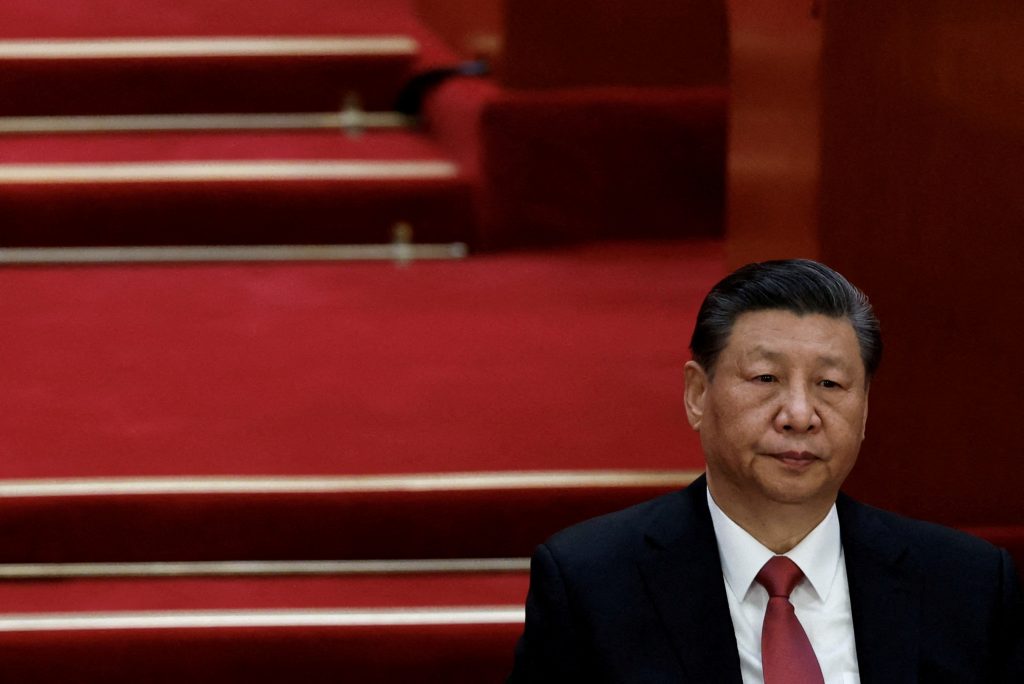
Chinese President Xi Jinping is set to visit EU capitals Paris and Budapest in the coming days.
The bloc also separately raided the Dutch and Polish offices of Chinese security equipment company Nuctech over allegations that it may have received foreign subsidies that could give it an unfair advantage over European competitors. Nuctech has been a target of criticism from the U.S. and some EU governments , as well as rival companies.
A Nuctech spokesman confirmed the raids and said the company was providing its full cooperation.
Such raids are considered to be preliminary steps that may result in an in-depth investigation under the EU’s foreign subsidies regulation. The regulation, which took effect last year, allows European officials to bar companies from making certain acquisitions or winning large public contracts if they previously benefited from subsidies that EU officials view as distortive.
The China Chamber of Commerce to the EU accused the bloc of using the regulation to suppress Chinese companies that are operating lawfully in Europe.
“The EU’s actions send a detrimental message not only to Chinese enterprises but to all non-EU companies conducting business in the bloc,” the group said in a statement.
It added that European enforcement officials had seized equipment and employees’ mobile phones and examined office documents during the raids.
Nuctech produces X-ray scanners ranging from conveyor-belt-style airport machines to giant archlike structures that countries can plant on their borders to easily check the contents of passing trucks and passenger cars. Finland bought one such large-scale scanner for its border with Russia. After the U.K. left the European Union, Ireland secured another for its land crossing with Northern Ireland.
Under President Trump, the White House National Security Council began pushing allies to stop securing their borders using equipment from a company embedded in China’s Communist Party-run system. Originally an offshoot of prestigious engineering school Tsinghua University, Nuctech was for much of the 2000s run by the son of then-party chief Hu Jintao . In 2019, a unit of China National Nuclear Corporation, a state-run builder and operator of nuclear power plants, became the controlling shareholder of Nuctech’s parent.
Officials at Nuctech’s foreign rivals have said they suspect the company has violated their intellectual-property rights , an allegation Nuctech denies.
Trump administration officials argued that modern X-ray scanners at seaports and air terminals are connected to databases—containing information from customs records to ship manifests and passenger details including fingerprints—that could allow Beijing to amass sensitive corporate information on the exact trade volumes of a country’s exports, or track the movements of exiles and foreign officials.
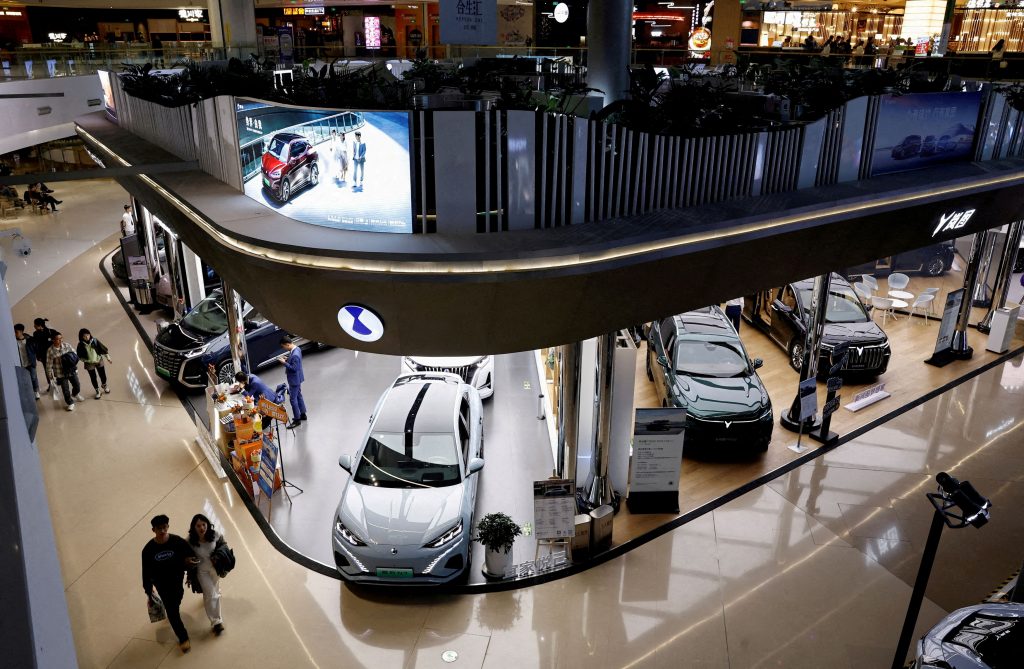
Electric vehicles are displayed at a shopping mall in Beijing, China, Nov. 3, 2023. REUTERS/Tingshu Wang/File Photo
Allied governments, however, often failed to find any alternative bidder that could meet Nuctech’s prices. The company credited its low prices to its research partnership with Tsinghua University, which allowed the company to save on research and development spending.
As of 2020, Nuctech had amassed a 90% share of Europe’s sea-cargo screening equipment market and held up to 50% of the market for airport passenger baggage and cargo screening, according to the State Department. Nuctech disputed those figures, saying it had about 70% of the cargo scanning business and about 10% of the airport market.
Bart Groothuis, an EU lawmaker from the Netherlands, said he has repeatedly raised concerns about Nuctech, which he said increases security risks for Europe because of the company’s ties to the Chinese government. While Nuctech doesn’t expect to win tenders in the U.S., “they try it here in Europe, because there’s no harmonized policy yet,” Groothuis said.
The commission has increasingly talked about China as a rival, with top officials saying they want to address economic and security risks without decoupling from Beijing.
But members of the bloc remain divided over how forcefully the EU should respond to trade tensions with China. France has pushed for stronger measures to shield the bloc from lower-priced Chinese imports, while Germany has taken a more cautious approach. Some of Germany’s biggest automotive companies rely heavily on sales in the Chinese market.
Write to Kim Mackrael at kim.mackrael@wsj.com and Drew Hinshaw at drew.hinshaw@wsj.com

